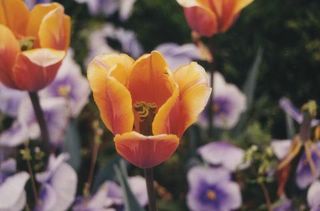22nd March was World Water Day. And though I wanted to post on that day, I was so caught up in reading the vast amount of information available on the net, that the post never got written. Today this finally post makes it on the blog.
Does it really make a difference if one day of the year is designated as Water Day? Must not the thought of conserving water, avoiding waste, be a constant everyday activity? But in reality we don’t sit and think about the water we consume, bathe, wash our clothes and vessels in. But what if a day comes when the gurgle of water as it flows down the tap is only a memory?
I attended a conference two years ago, in which Sushma Iyengar, social activist ( Kutch Nav Nirman Abhiyan), pointed out that the wars of the future would be fought over water. It is a grim possibility. Water Wars; that is what people are talking about, studying, trying to avoid.
States are fighting over river waters. Fishermen aren’t allowed to fish in rivers which have been their source of livelihood for years because a company runs a hydro-electric plant downstream. Many localities in many cities do not have constant water supply. Drums, tanks abound at homes; people bicker and snigger about others who own two sintex tanks in their houses.
At my in-laws place in Pune, everything from big stainless steel pots, to drums to even large glasses are used to store water. My aunt in
How can a layperson learn not to waste water? How can we be more careful about not exploiting something that belongs not only to us but to all other life-forms on this earth and also to upcoming generations. It is ok to build big dams and interlink rivers as an option to harness and harvest water? Can these be avoided? Are there more ecological friendly options? Here are some websites which speak about those options:
Celebrating water for life: The International Decade for Action 2005-2015
http://www.who.int/water_sanitation_health/2005advocguide/en/index.html - An advocacy Guide
Rainwater Harvesting - http://www.rainwaterharvesting.org/index.htm
Development Alternatives- http://www.devalt.org/water/waterinindia.htm building small checkdams instead of huge big ones.
Water Conservation Portal and Search engine - http://www.waterconserve.info/

No comments:
Post a Comment